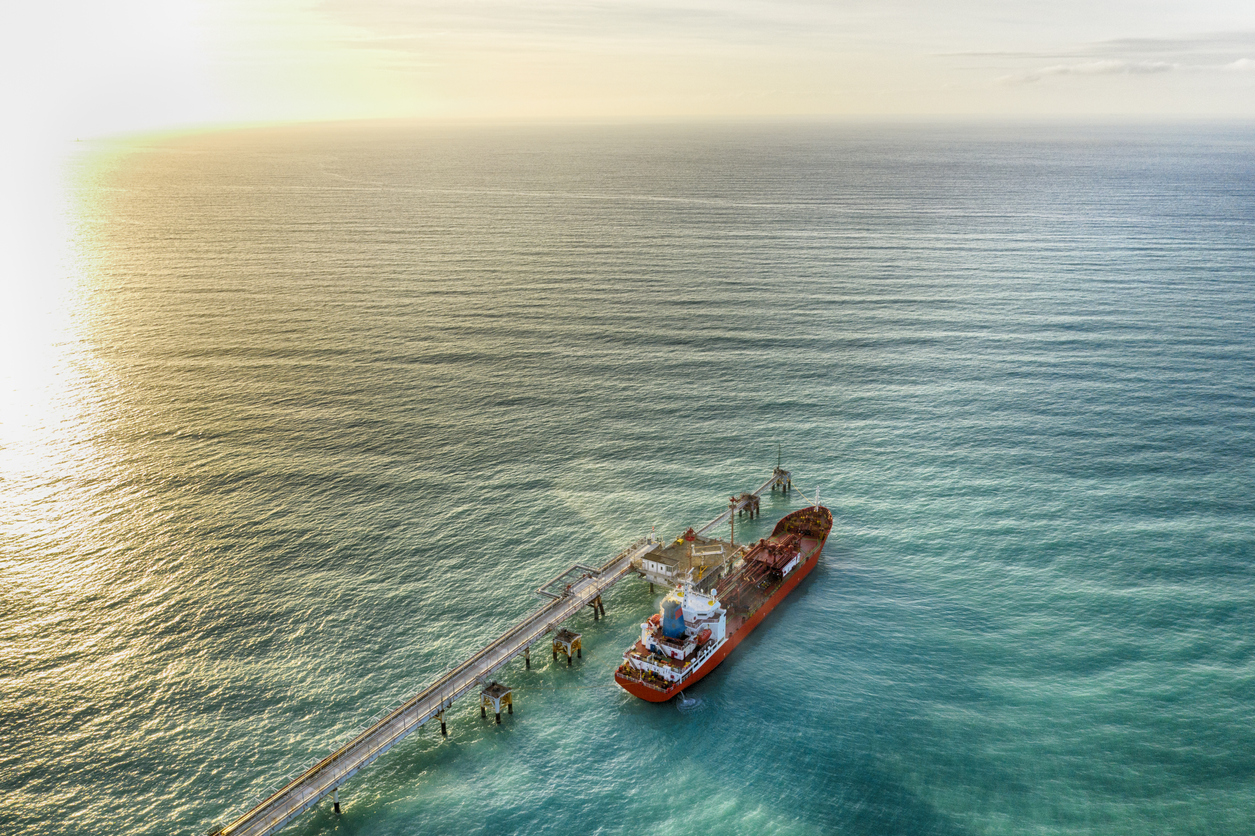The Maritime Industry & It’s Responsibility to the Ocean

Around the globe, shipping companies are having to change the way they operate their daily business, adhering to stricter guidelines around pollution and carbon offsetting. The updated guidelines, known as IMO 2020, have shed a new light on Marine pollution and the role that shipping companies and the maritime industry play in contributing to it and the world’s pollution as a whole.
The maritime industry is also a major contributor to any nation’s economic growth and development. With its substantial contribution, it isn’t surprising that there’s still a significant effort that goes into exploring the financial and economic potential of the industry. However, it’s important to take a look at the trade-off between financial prosperity and environmental change.
Calling on Social Responsibility
The whole point of updating the IMO’s guidelines was to significantly limit the marine pollution that ships exhibit on any given day. And with the global freight market expected to triple in the next 30 years, it’s more important than ever for shipping companies to examine their role in marine pollution and how they can limit their impact on the world.
The marine shipping industry comprises more than 150 businesses ranging from gas and oil extraction to shipping. Fishing, mining, aquaculture, and hydroelectric power generation are just a few examples of the many types of businesses sailing the high seas.
The extent to which these companies contribute to their nations’ growth are proportionate to the damage they cause to the environment around them. To address the sustainability issues of the oceans, the World Ocean Council (WOC) has created an unprecedented global alliance. The WOC is pulling together collaborative efforts toward corporate responsibility for ocean freight use by bringing together the shipping industry and other sectors. Cross-sectoral leadership will ultimately result in major business value for maritime companies that are dedicated to a healthy and productive ocean that supports sustainable use.
Safe disposal of waste to prevent oceans from being used as a dump is being examined by the WOC. They are working toward imploring a more socially responsible corporate shipping body in everyone from stakeholders to seafarers with the goal of limiting marine pollution. The aim of the council is to maintain a sustainable ocean resource that can keep from being overrun with pollution, damaging sea life and the earth’s health altogether.
Although the ocean covers 70 percent of the earth’s surface, it is becoming increasingly crowded. Seaborne shipping accounts for 90 percent of global trade, and worldwide cargo will continue to see a rise in the coming decades, as mentioned above. The offshore oil industry is expanding and moving into more deeper waters and the seafood sector is searching for new areas to discover and harvest fish as human consumption continues to skyrocket.
A lot of sites that have been used for mining and fishing have already damaged the aquatic flora and fauna beyond a point of saving. This makes sustainability of such industries hard to abide by. Therefore, it’s all the more reason for all people involved in the marine industry to understand their corporate environment responsibility.
There has already been a lot of work put into creating a sense of corporate responsibility in the marine pollution discussion. But even with efforts from the WOC and IMO 2020, there is still a lot of work to be done to reverse course on the damage that has already been done in the industry and on the world. If shipping companies communicate more openly about their role and how they can change their operations to adhere to new guidelines, there can easily be a slowing down of environmental impact.
About WQIS
At Water Quality Insurance Syndicate (WQIS), we provide water pollution liability insurance from the smallest to the largest fleets for vessel operators worldwide, providing coverage for more than thirty thousand (30,000) vessels, pollution guaranties for over three thousand five hundred (3,500) vessels, and have cleaned up over five thousand (5,000) spills in our history. WQIS offers insurance on behalf of twelve (12) subscribing insurance companies in the Marine Insurance Market (see Subscribers for details).
